Mara Levitt & Ashley Davis' trip to Honduras 2013
MARA LEVITT & ASHLEY DAVIS' TRIP TO HONDURAS - APRIL 2013
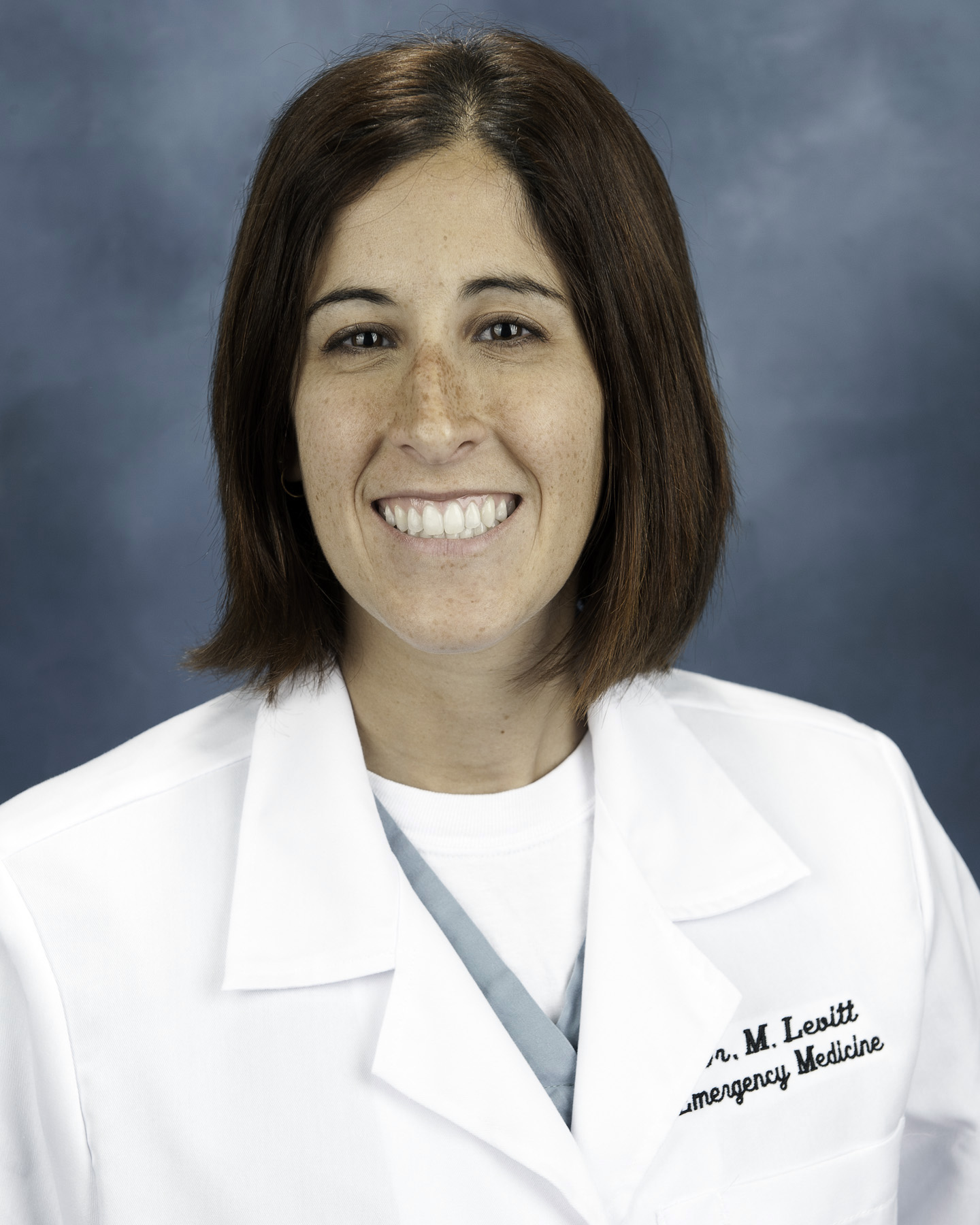
Mara Levitt, MD - Class of 2013
Dr. Levitt attended the University of South Florida School of Medicine in Tampa. She is a member of the graduating class of 2013 at Palmetto Health.
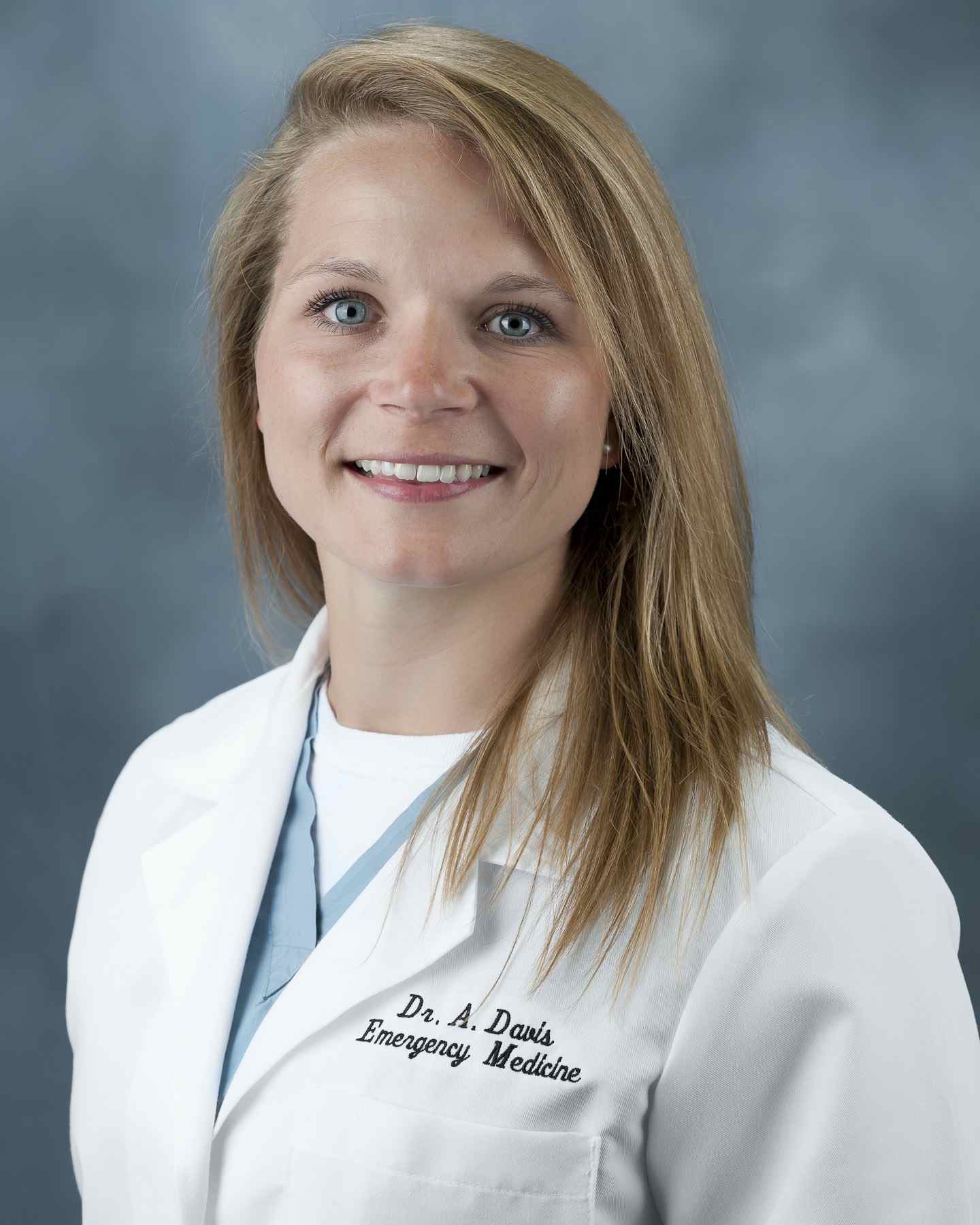
Dr. Davis attended the University of South Carolina School of Medicine. She is a member of the class of 2014 at Palmetto Health.
SPONSOR: MEDICO
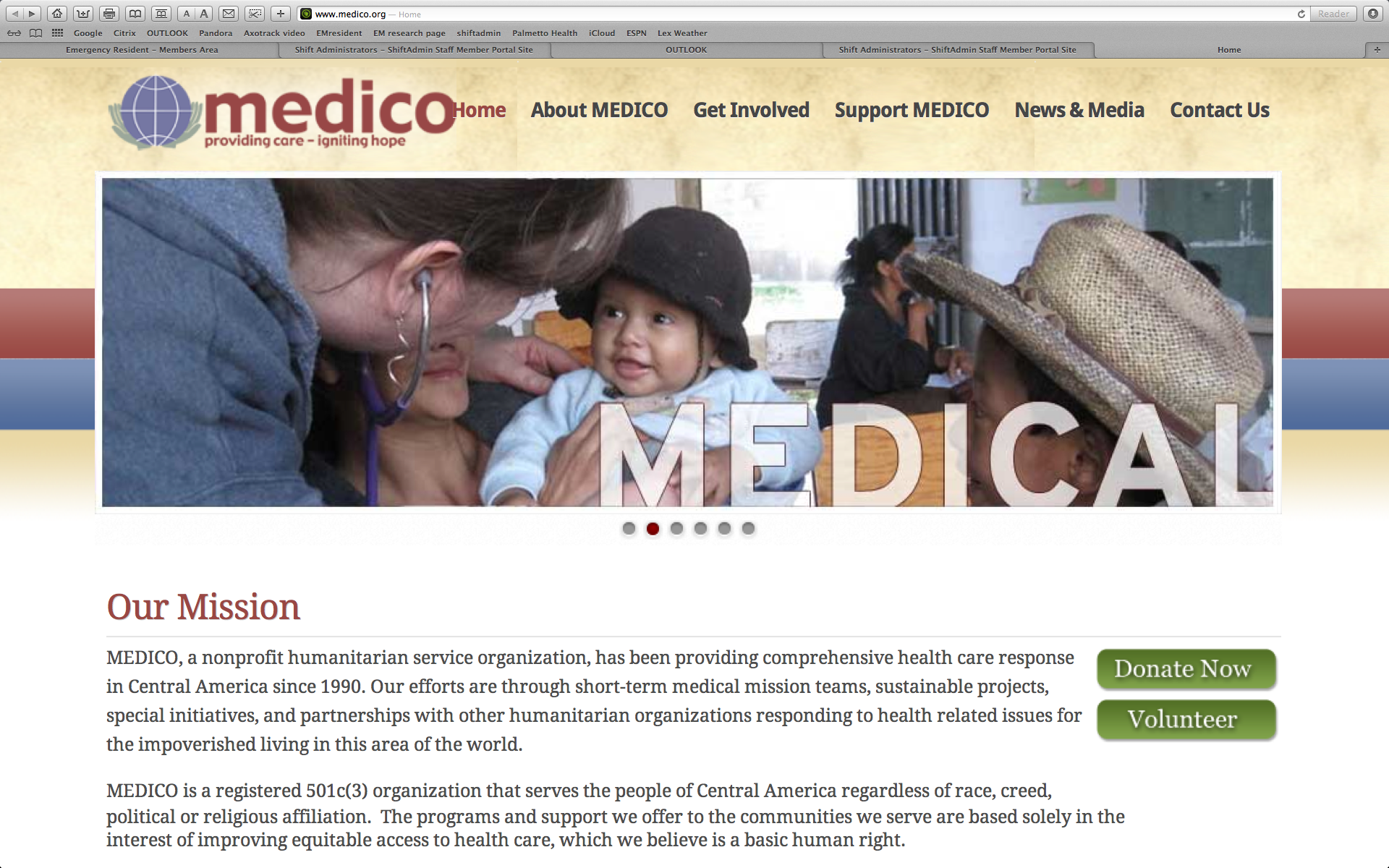
http://www.medico.org
Mara & Ashley's SUMMARY
Honduras is a Central American country bordered by Guatemala, El Salvador and Nicaragua. It is home to over 8 million people and produces minerals, coffee, tropical fruit and sugar cane. The capital is Tegucigalpa and it is divided into 18 departments. We traveled to Intibuca. Honduras has the highest rate of homicide in the world. Water supply and sanitation varies from modernized water treatment systems to basic systems; from sewer systems to latrines and basic septic pits. There is also lack of maintenance that leads to poor water quality. Health varies depending of urban versus rural setting, but overall is poor. Average life span is 70 years old.
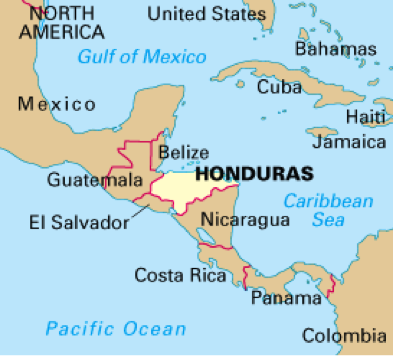
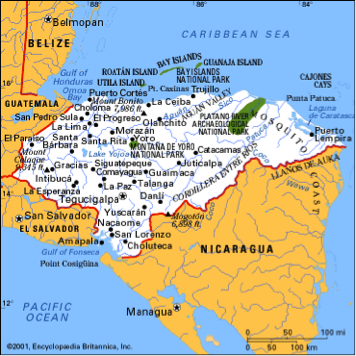
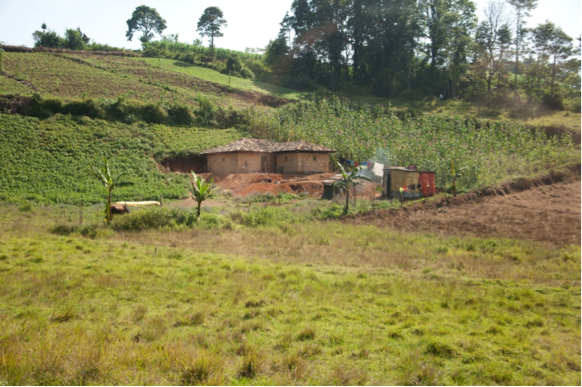
We had personal guards to escort us out of the city of San Pedro Sula until we reached La Esperanza, a more remote and less dangerous part of Honduras.
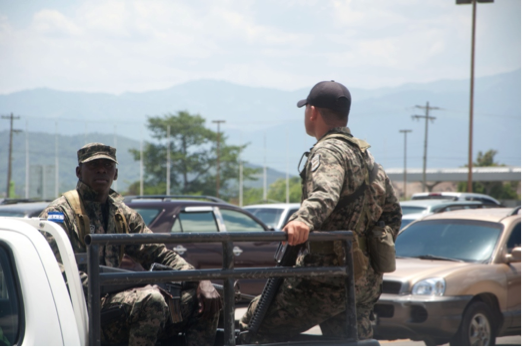
We traveled to Honduras with the group MEDICO. One of the missions of MEDICO is to provide medical care to the underserved areas of Honduras and Nicaragua. There are established locations in each country which are sponsored by local patrons. In Honduras we were stationed in the community of Monte Verde. Three nuns were the leaders of this community and have welcomed MEDICO for many years. On this trip we had 3 residents, 1 family medicine, 1 pulmonary critical care and 2 emergency medicine attendings. We also had many nurses, paramedics and translators. We stayed in small rooms with our teammates and ate the local foods which were prepared for us daily. Warm water was sparse, bug bites in abundance and bonding at its best!
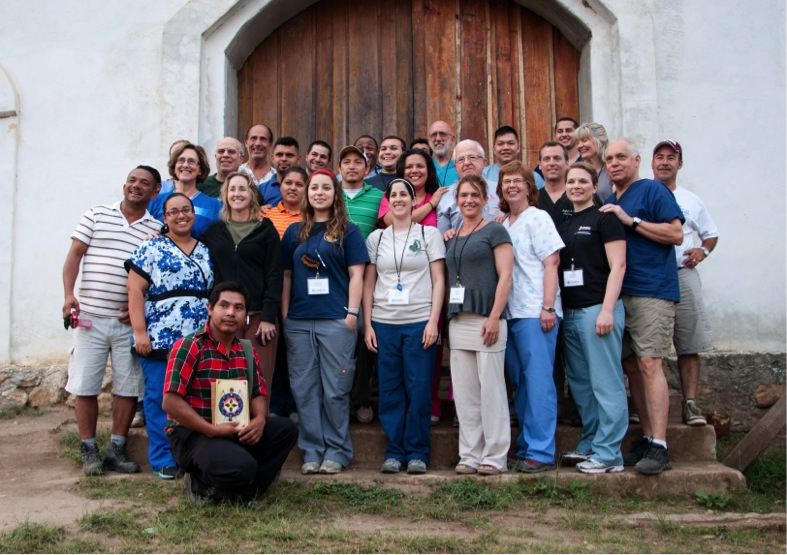
The main clinic was in the town center of Monte Verde amongst the church, school and house for the Sisters who are the matriarchs of this village. We were able to treat hundreds of people a day; many who walked 6 or more hours to receive medical care.
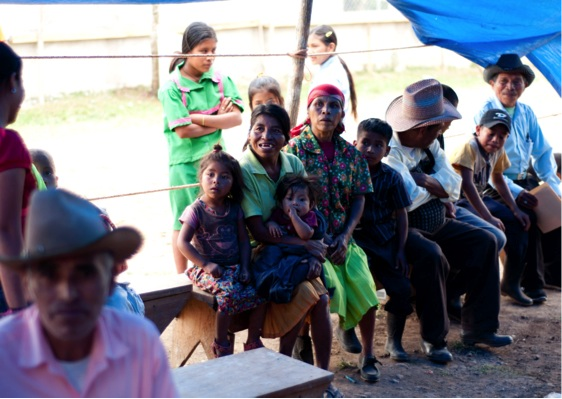
The majority of our cases were skin ailments and malnutrition. With our well stocked pharmacy we were able to give nearly everyone vitamins and treat most other disease states we encountered however, sometimes we had to improvise.
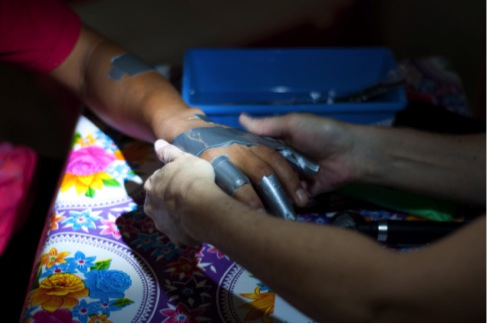
This patient had multiple warts on his arms and hands for which we had no treatment. The next best thing…duct tape.
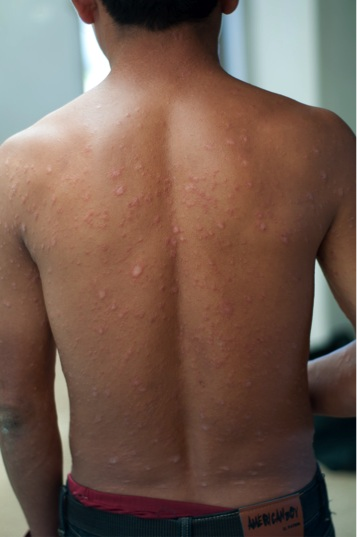
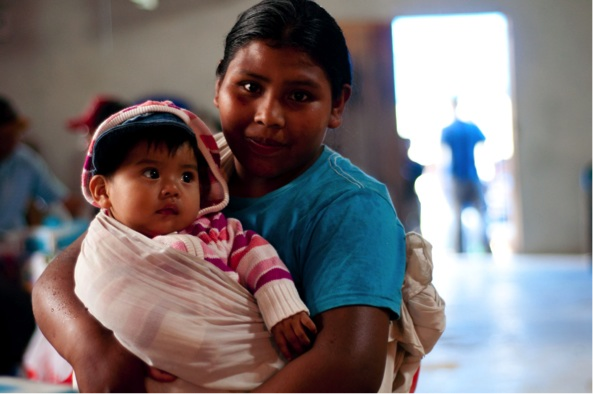
We saw a text book case of pityriasis rosea and many patients with scabies and lice. Hygiene was very poor and the large majority of the population did not have clean running water.
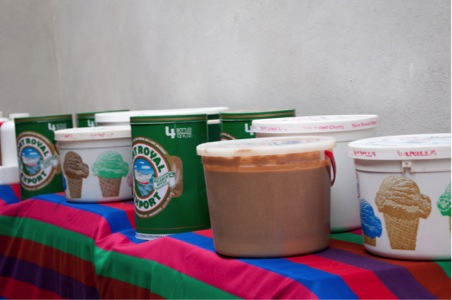
The Sisters had a protein rich nutritional supplement prepared which we were able to give each child alongside multivitamins and basic needs such as soap and shampoo.
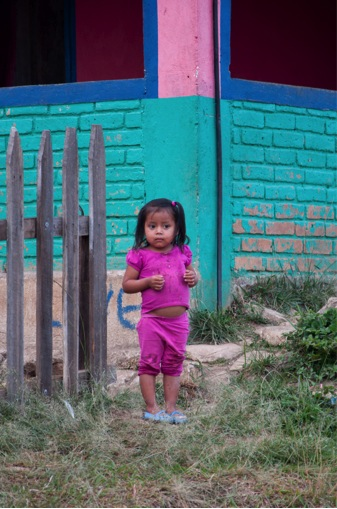
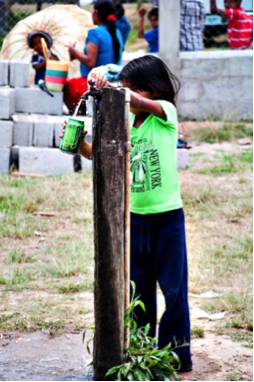
The emergency response system consisted of a single off-road vehicle until the recent purchase of a newer van. As you could imagine, that’s quite a bumpy ride.
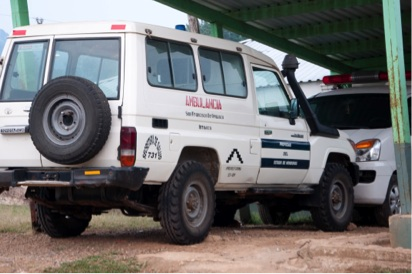
The dental clinic was the place to be! It was always busy. The dentists would easily see up to 100 patients a day and pull hundreds of teeth over the whole week. One dentist in particular, Charlie, took the time to teach each of us the pearls of dentistry. We were able to perform extractions, various dental blocks and countless intraoral sutures. It was a tremendous learning experience.
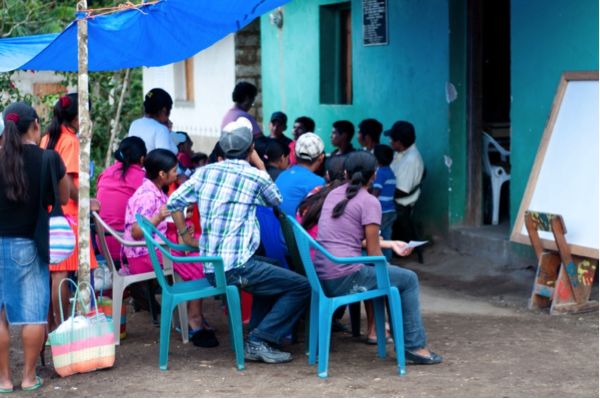
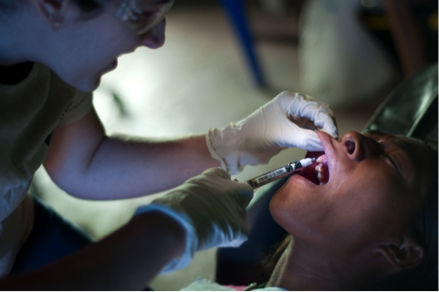
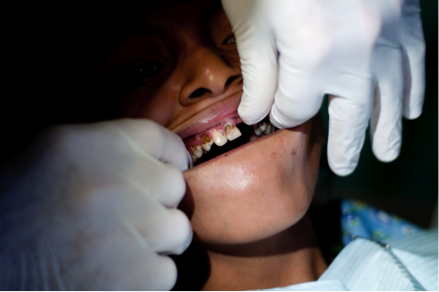
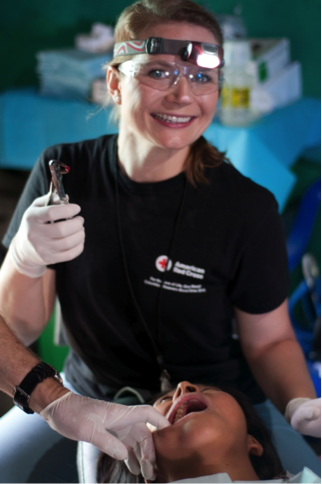
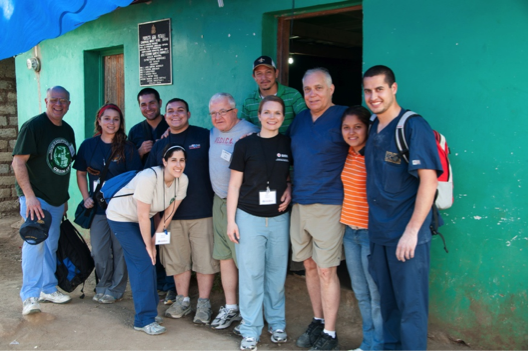
The Hondurans overall had terrible teeth due to the lack of dental care and education. Even very young children had multiple cavities and missing teeth. It is probably due to a local treat, which is flavored ice in Ziploc bags that the children suck on all day. Nurses spent time teaching the importance of brushing and flossing. Despite all the bad teeth, there was one young man who did have a perfect set of teeth!
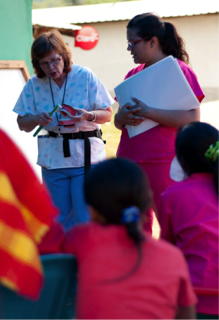
Medico has many missions in addition to its dental and medical teams. In Monte Verde, there are several ongoing projects including the teaching and planting of crops, a clean water project and a project providing basic needs to school children such as uniforms, book bags, shoes, pencils and paper. Here are a few pictures from these amazing projects.
Before:
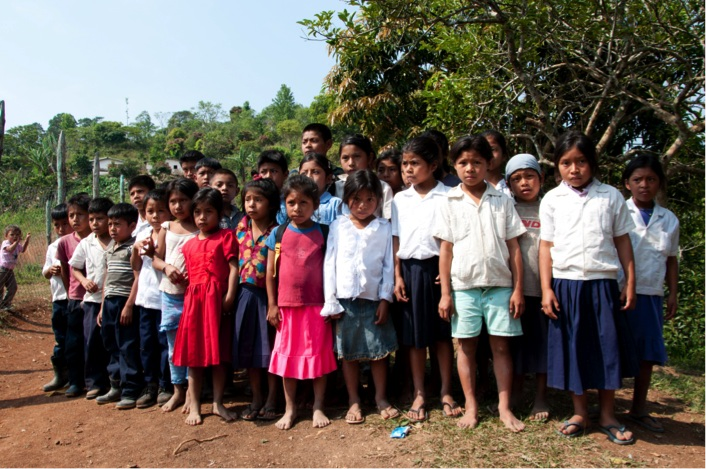
After:
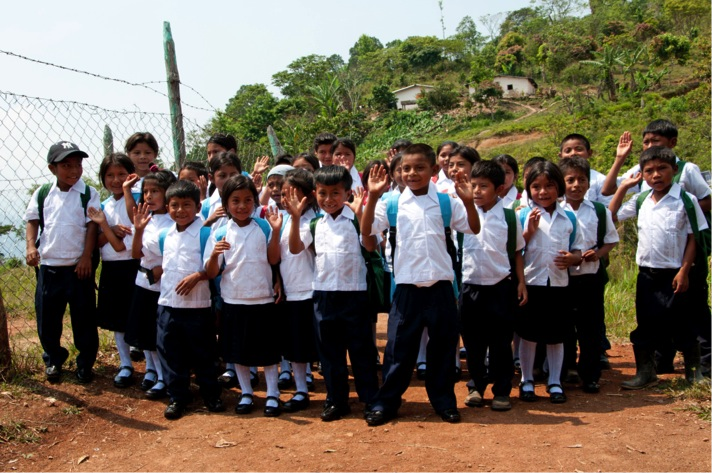
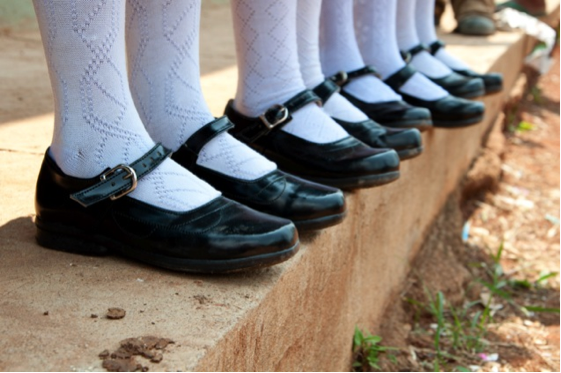
This water tank was made possible with the support of MEDICO to provide clean water to the homes of Monte Verde. On our last day, the water tank was presented to Gretchen (the MEDICO volunteer in the picture) in honor of her son who was a past volunteer and has recently passed away. They sang songs of praise and worship in thanks for this project.
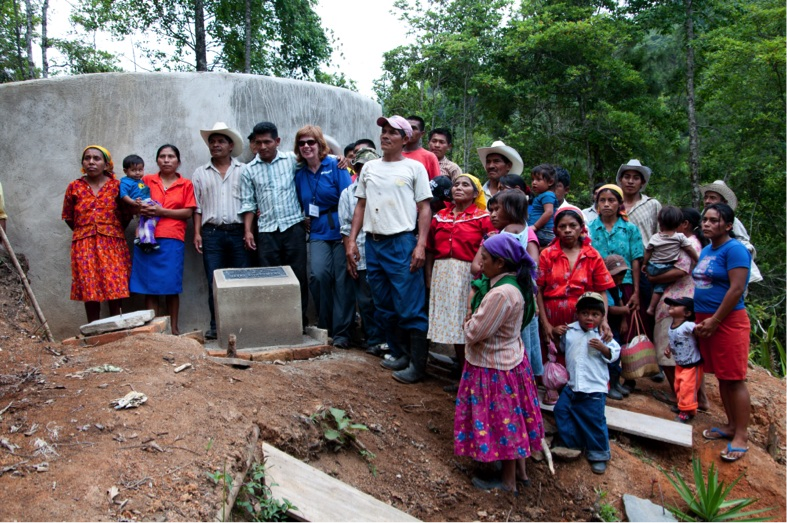
The people of Monte Verde are extremely resilient. They walked miles up and down clay hills in flip flops with children strapped to them to present the tower. The day before we arrived, they worked tirelessly to cut a path so that we may pass more easily.
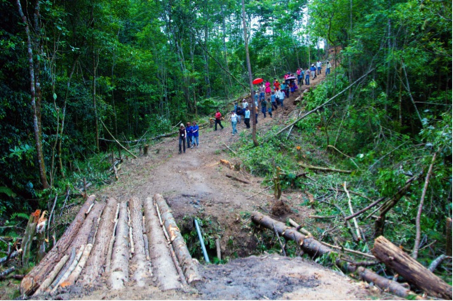
Through education and hands on instruction, the people of Monte Verde were able to begin a small garden of fresh fruits and vegetables. The goal of this project is to provide the community with resources to expand their diet beyond rice, beans potatoes and bananas.
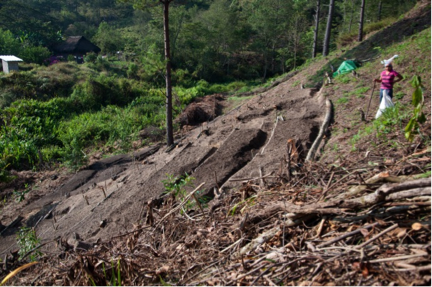
It was a week full of hard work but you can't go on a trip like this without a little fun! We spent the last day at Lake Yojoa. It is a beautiful lake with spectaular views!
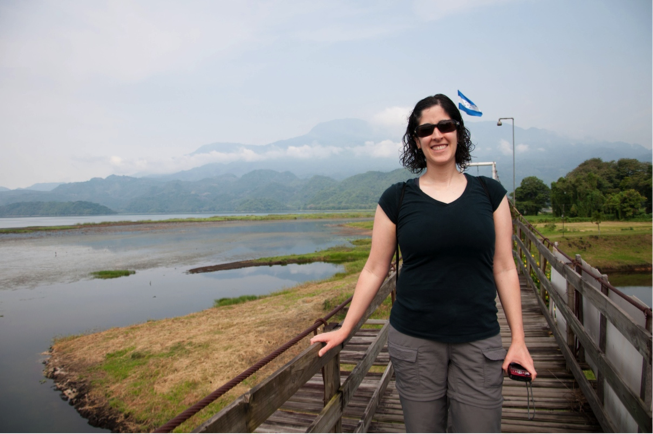
To let loose, a group of us went zip lining. It was fantastic. The last line was straight across a huge waterfall with a rainbow. Words cannot describe the beauty of Honduras. Some of us were scared, but we all made it across safely.
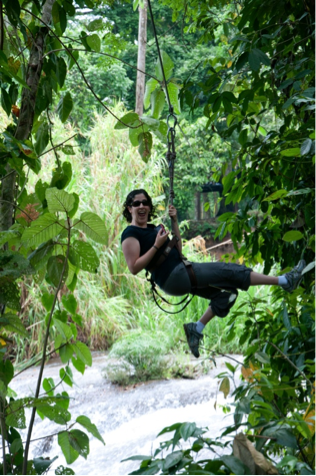
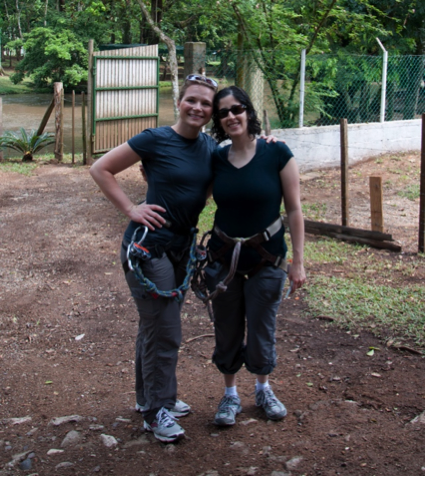
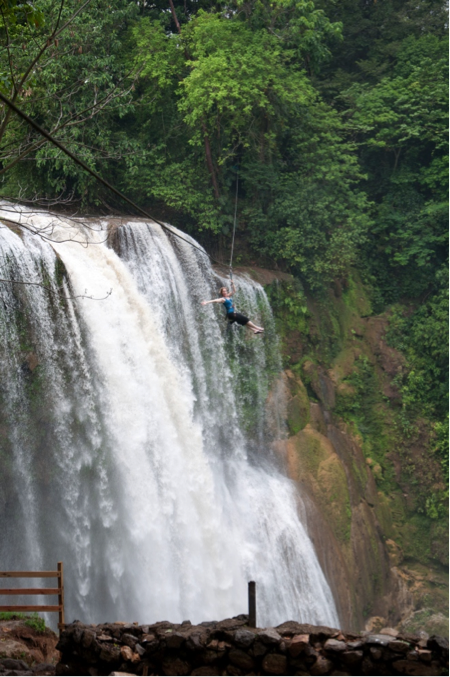
After the morning by the lake, we traveled into San Pedro Sula for an afternoon of shopping at the market. There were tons of local gifts and food including a row of women makeing fresh tortillas on hot stoves.
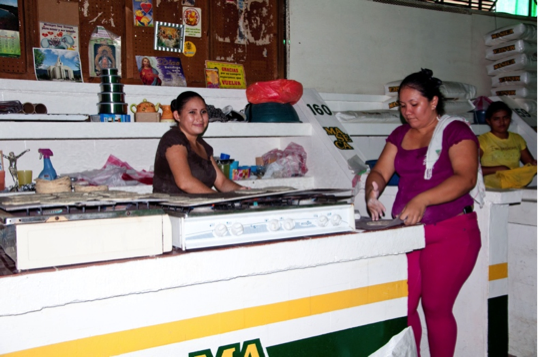
This was an amazing experience! We would like to thank everyone who made this unforgettable trip possible. Our lives and careers have been forever changed by our experiences.
Mara Levitt, MD
Ashley Davis, MD
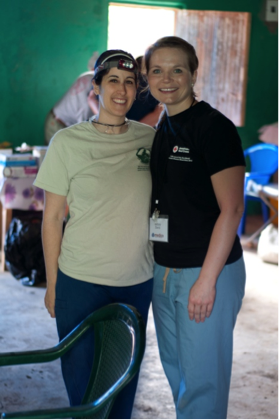













 Back to Locations List
Back to Locations List